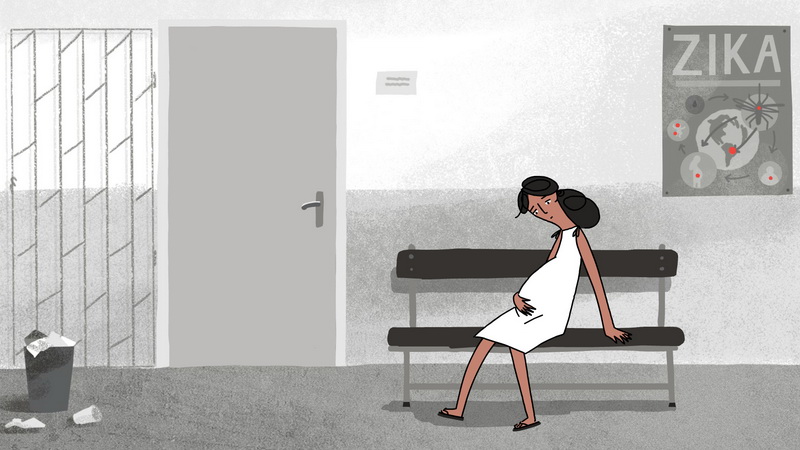Creative Industries Festival: Animated Docs for Social Resistance
Filmmaker Maria Stanisheva screens and discusses her latest animated documentary series on climate refugees alongside her earlier creative work for social resistance.

Maria Stanisheva will present her experience working in various formats to create "animated docs for social resistance" on topics such as women's rights; inclusion of people with disabilities; racial inequality; sexual discrimination; refugees; and climate change. She will discuss the production of her latest animated-doc series FINDING HOME. The pilot episode tells the personal story of Antonia Jardenia da Silva from Brazil: a climate refugee forced to move from her home village to the big city in order to take care of her newborn baby as it struggles with microcephaly. The short film follows the period of drought in Northeastern Brazil, the subsequent Zika epidemic caused by a mosquito-transmitted virus, and Jardenia’s attempts to feel like she belongs. Subsequent episodes tell similar stories of actual environmental refugees uprooted from their home and forced to relocate to strange new lands, and use the power of animation to convey raw emotion and to reveal the life-shattering effects of climate change. Maria will discuss the importance of bringing these stories to screen in a way which can provoke both empathy and action.
Maria is a film director/producer and founder of ANIMADOCS - an independent film production house based between NYC and Paris. She is a graduate of Sofia University, Central European University and New York Film Academy’s Documentary filmmaking program and has over 15 years of experience working on feature films, TV and online series, independent and commissioned shorts. The animated-documentary Father, which she produced in 2012, was screened at over 100 film festivals and awarded 28 times, including the Golden Dove for Animated Film at DOK Leipzig Festival. Her 2016 animated campaign “Together to End Male Guardianship” - an awareness campaign, commissioned by Human Rights Watch and based on real-life stories from Saudi Arabia - was seen by over 10 million people and featured in The New York Times, on Euronews, CNN and BBC.
